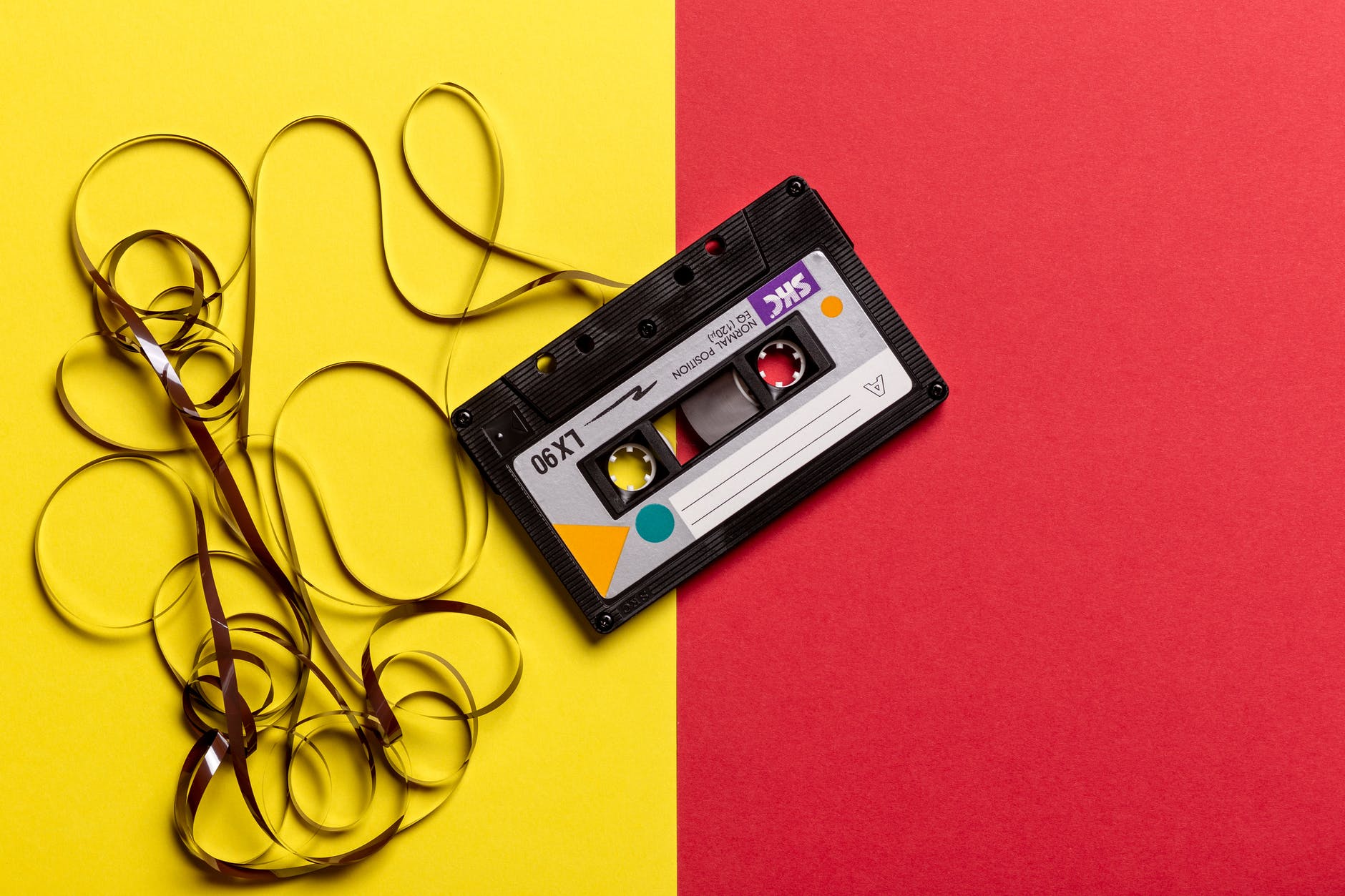Copyright persists in musical, literary, artistic, dramatic, cinematographic and sound recording works. However, as per Copyright law conventions, a song is not looked upon as a single piece of work but as a bundle of copyrights. To elaborate, a song is divided into various parts and the copyright of each part vests in a different party. The first part of copyright lies with the lyricist of the song as his original work comes under the category of literary work. The second part of copyright lies with the music composer as he is the author of the musical part. The singer also has the performing right in the song with regard to his performance part which is independent of the lyricist and music composer’s right. Apart from this, the producer also has copyright over the song as he is the person taking initiative and responsibility for doing the work.
The owner of the copyright can license or assign them. In the event of so many parts of copyrights subsisting in a single work and numerous works being created throughout the country need arises for a single organised body for managing and licensing copyrighted work. A Copyright Society is a non-governmental body formed by private agreement for collective copyright management and licensing of a copyrighted work on behalf of the authors. A Copyright Society tracks the usage of work and ensures remuneration to the respective authors of that work. In India, as per S.33 (3) of the Copyright Act 1957, the government cannot generally register more than one such society in same class of work unless there is some legitimate justification for the same. This creates a kind of monopoly in market and also results in tussle between different applicants.

Recently, the government of India registered a copyright society with regard to sound recordings namely the Recorded Music Performance Limited (RMPL), the application for which was filed in 2018. Another applicant for the same was Phonographic Performance Limited (PPL). PPL was well-established entity having control over Public Performance and Radio Broadcasting and also having dominance over seventy percent of the market. After the 2012 amendments in the Copyright Act, all such societies had to apply for re-registration. PPL applied for it in May 2013 and via letter in May 2014 applied to withdraw it. The letter was rejected by the government citing that the decision impacted various individuals and cannot be unilaterally revoked. PPL also gave a fresh application in 2018. Both the applications were eventually rejected- the former because it was allegedly withdrawn and the latter as it was delayed. This conduct of the Copyright Registrar is being challenged by PPL in the Delhi High Court. In the suit PPL also prayed for injunction on registration of other copyright societies. The Court did not grant injunction, but did restrain the registrar from taking any action not consistent with the possible revival of PPL’s application (which is what the suit in question is about).
In light of this, the recently granted registration to RMPL may not strictly be consistent with the scenario of PPL’s application being revived. PPL, it must be remembered, is in a far better position than RMPL is to represent the industry, having been in force since the 1940s, with a long and recognizable client list. RMPL, on the other hand, is a new and inexperienced organization. There is also a lack of representation in the governing body of the RMPL; the Copyright Act and rules require an equal number of owners and authors to be part of the governing body. RMPL’s application lists only record label owners and not creative artists in its’ governing body. Combine all of this with the speedy processing of RMPL’s application and the unexplained delay and drama involved in PPL’s application, and there have been accusations about the registration process not being transparent.
The need for a copyright society is justified in the case of such complex and intertwined rights, but the Act-enforced monopoly of such private societies seems questionable. Two societies for same class cannot be registered in ordinary circumstances, potentially leaving authors in a position of take it or leave it. Questions have also been raised as to why there was a requirement of mandatory re-registrations of existing societies. It is possible that the final order from the Delhi High Court will shed a little more light on this matter, but as it is the situation seems to be in a state of confusingly opaque limbo.
Author: Imran Rizvi, Legal Intern at PA Legal.
In case of any queries, kindly contact us here.